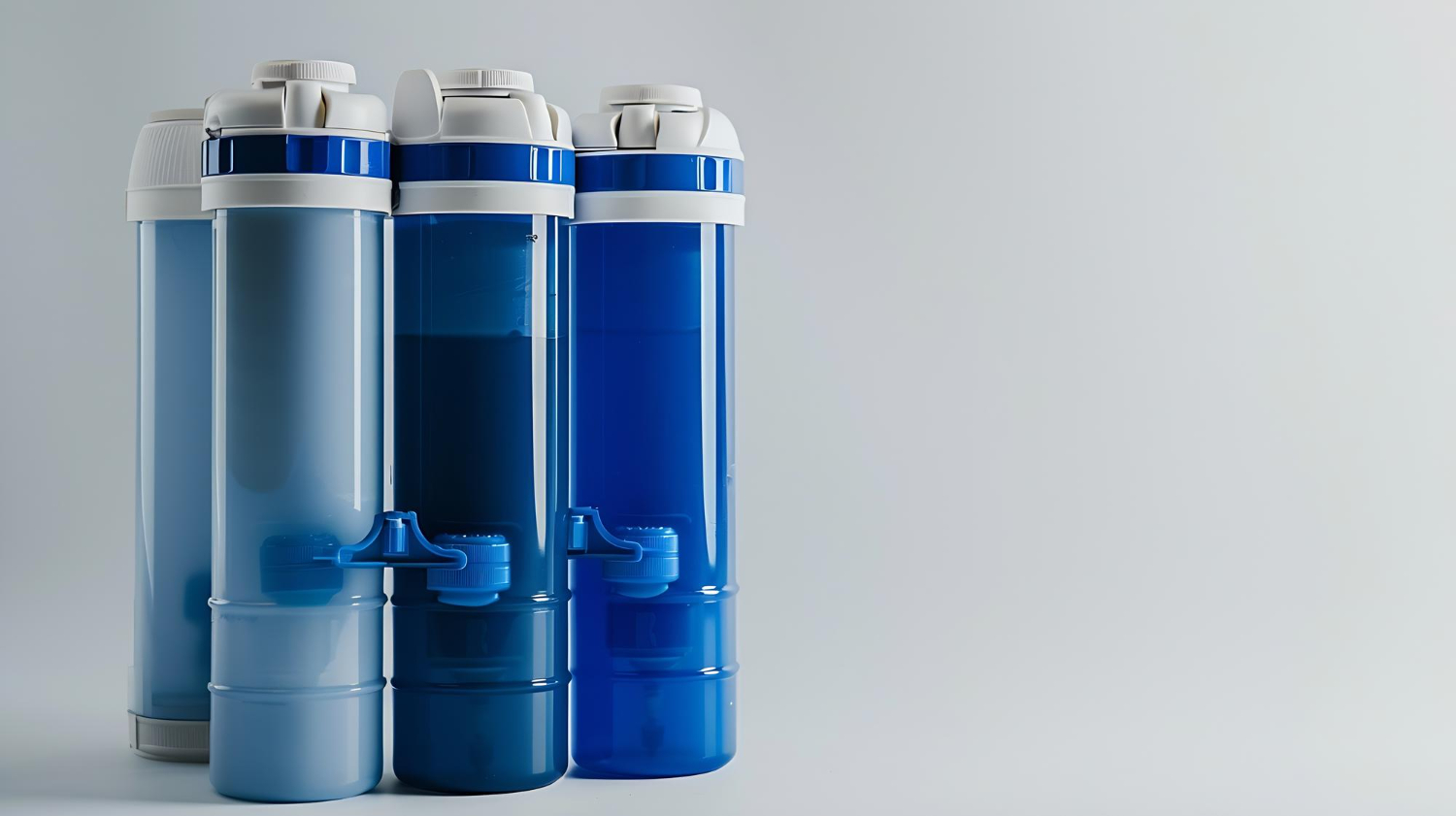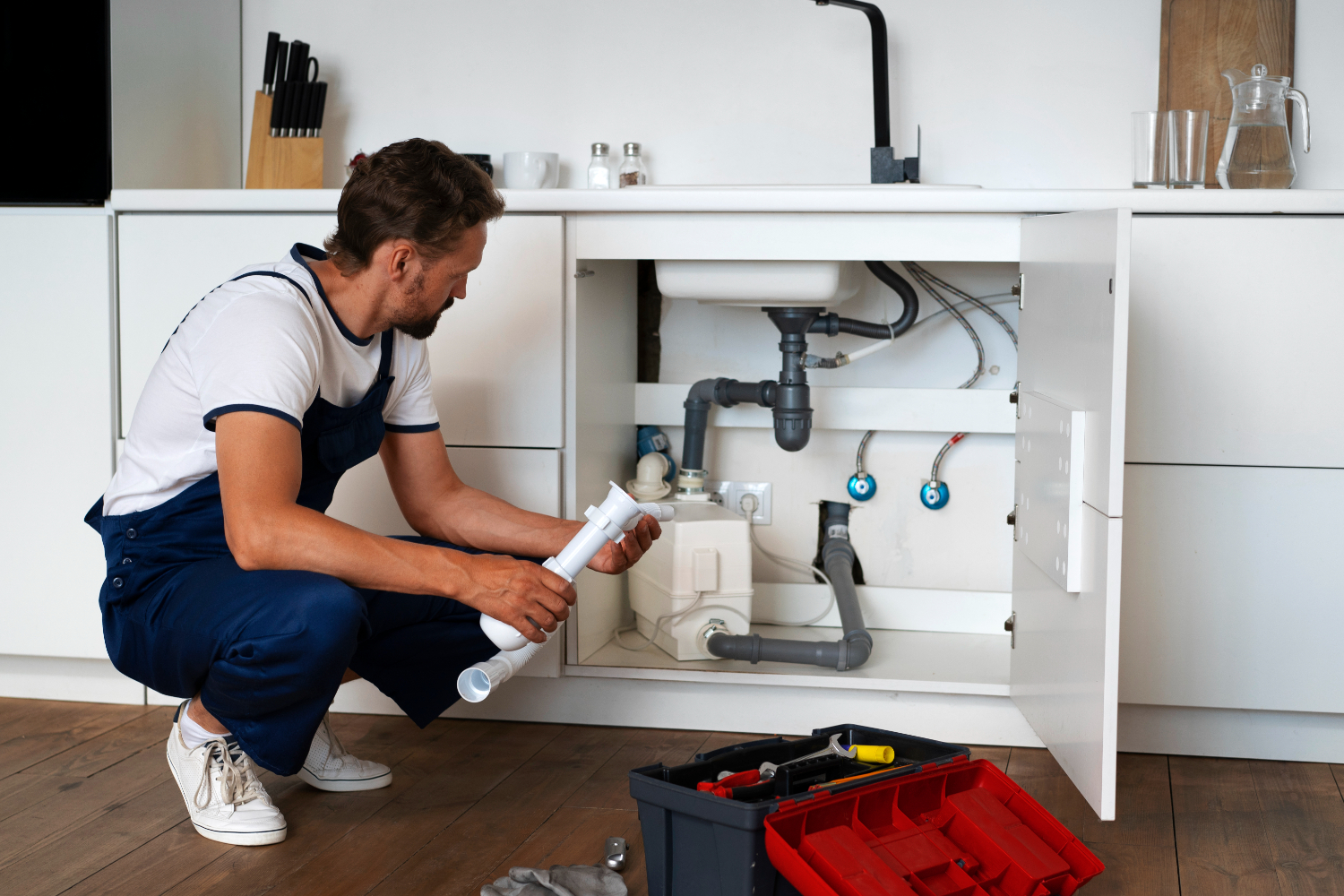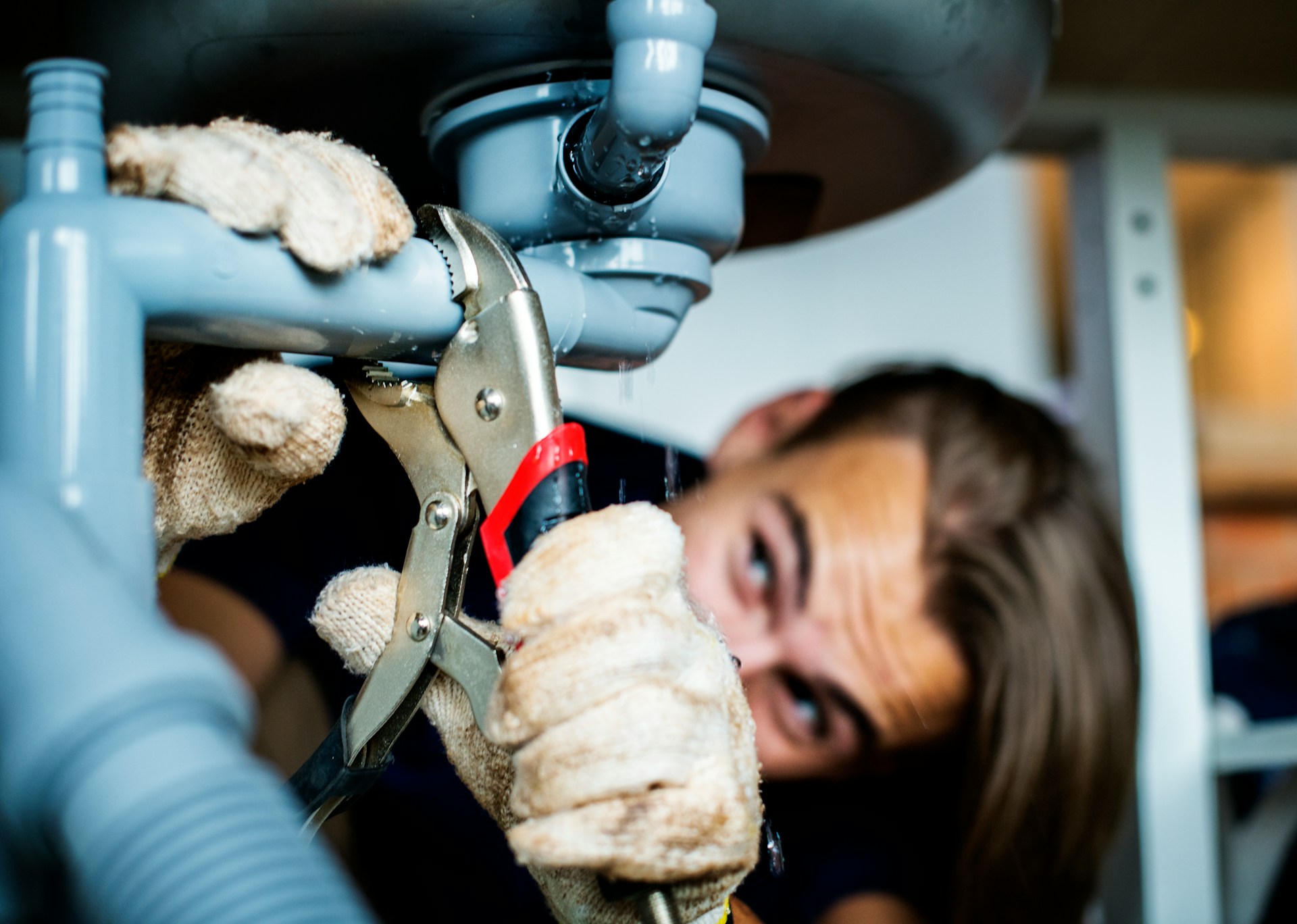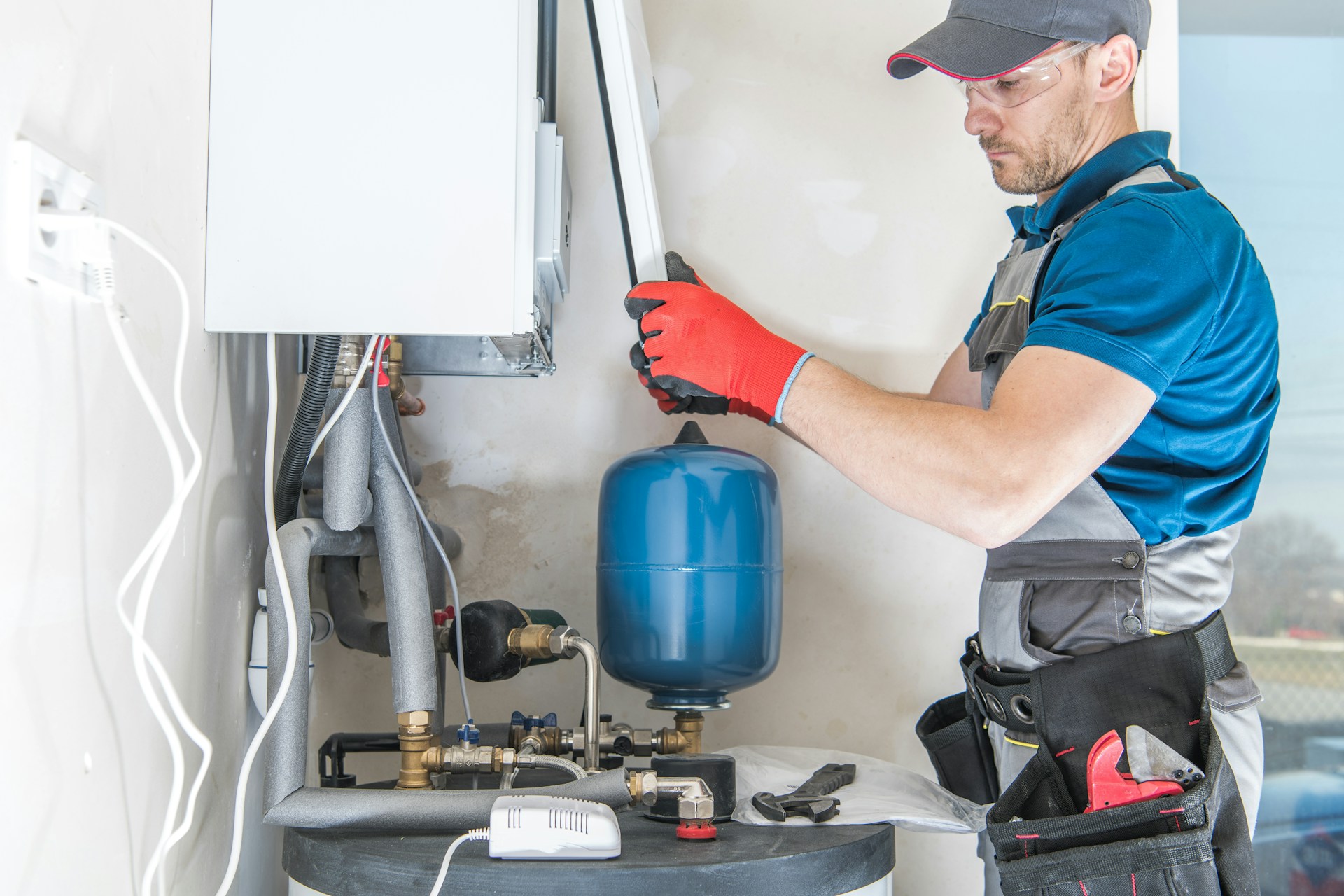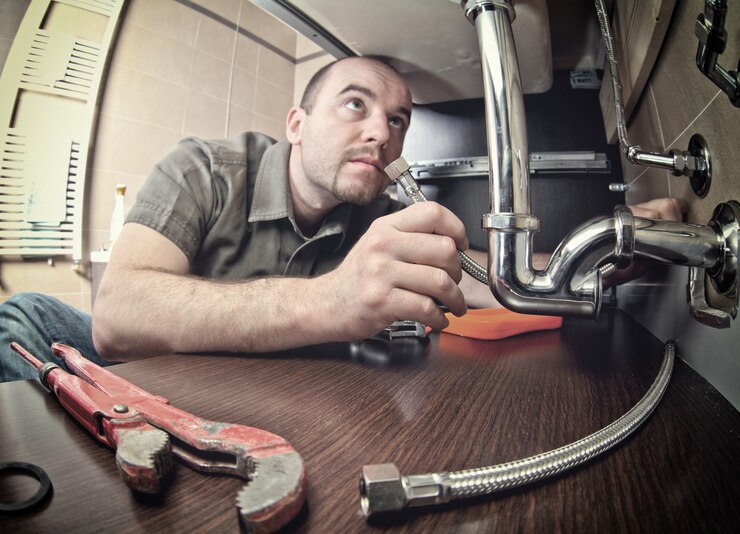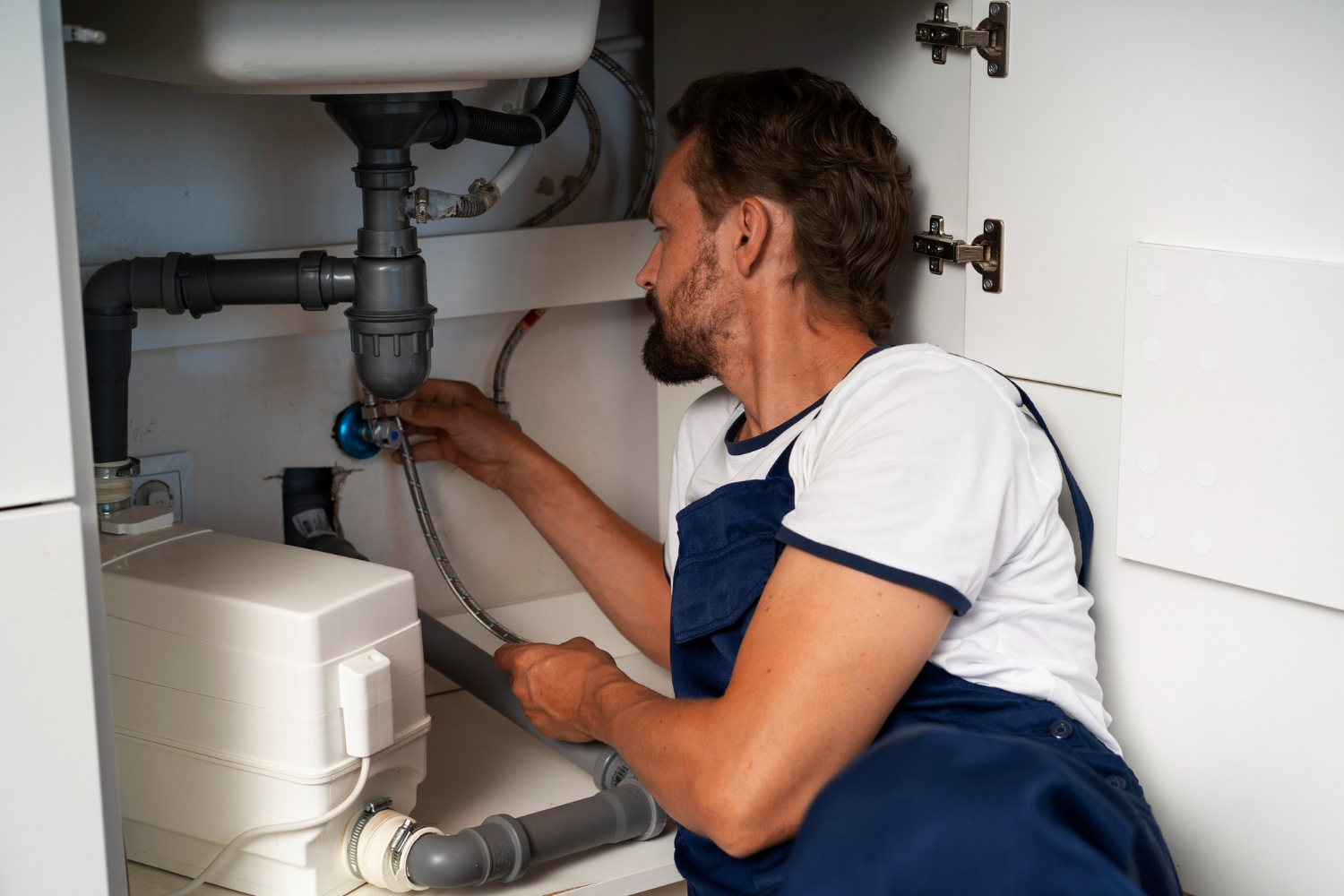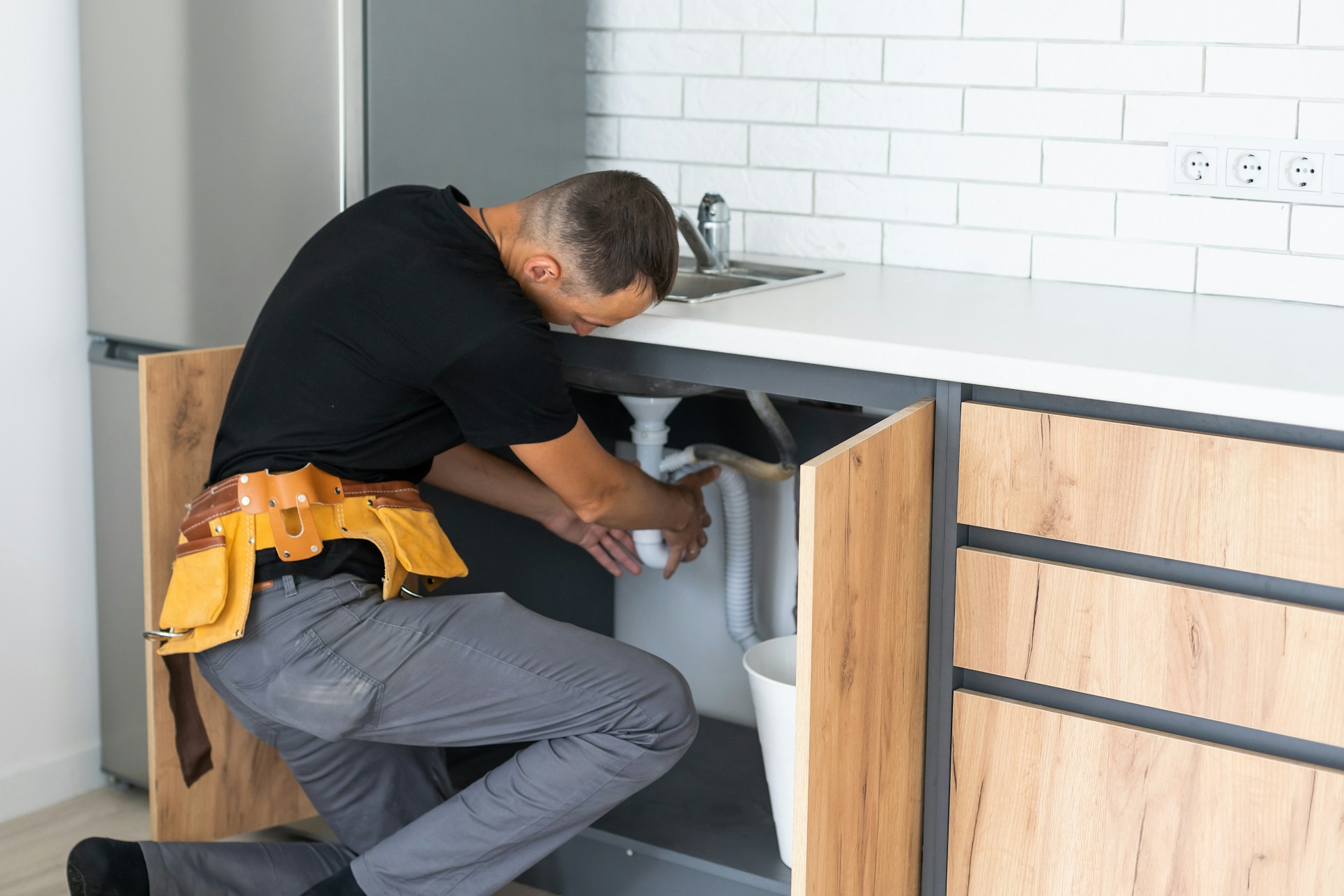Keeping your home’s water clean and debris-free is crucial for maintaining the health and efficiency of your plumbing system. Sediment filters are designed to catch particles like sand, silt, and rust before they reach your appliances and fixtures. This preserves their longevity and ensures you have clear, high-quality water every day.
Choosing the ideal sediment filter means considering several factors, such as filter type, size, and maintenance needs. The right filter can make a big difference in your water quality and the lifespan of your home’s plumbing system. Let’s explore how you can select the best sediment filter for your specific needs.
Understanding the Role of Sediment Filters
Sediment filters are crucial in keeping your home’s water clean and safe. As water flows through, these filters trap particles like dirt, sand, rust, and other debris. By removing these unwanted particles, sediment filters help protect your plumbing and appliances from damage. This is especially important because sediments can scratch and clog your pipes, reducing their efficiency and lifespan.
Sediment filters improve water quality by ensuring the water reaching your faucets is clear and tastes better. In areas where water contains high levels of sediment, such as from rivers or wells, these filters become even more valuable. They not only prevent sediments from damaging your plumbing but also safeguard your washing machines, dishwashers, and water heaters, prolonging their life.
Sediment filters are a must-have in regions with hard or dirty water. Hard water contains more minerals, which can lead to significant sediment buildup. By installing a sediment filter, you avoid common issues like mineral deposits on dishes and water fixtures and reduce the wear and tear on your plumbing system. With fewer breakdowns and more reliable water flow, sediment filters are essential to maintaining a healthy home environment.
Types of Sediment Filters and Their Differences
Various sediment filters are available, each suited to different household needs. The three most common types are spin-down, cartridge, and backwash filters.
1. Spin-Down Filters
These filters are ideal for removing large particles. They work by spinning the water around, which pushes the bigger debris to the sides. This type of filter is easy to clean, as you just need to open a valve to flush out the collected sediment. However, they may not be as effective for smaller particles.
2. Cartridge Filters
Cartridge filters are great for capturing smaller sediments. They contain replaceable cartridges that filter out fine debris. These filters are easy to replace and ideal for homes with moderate sediment levels. A drawback is the recurring cost of replacing cartridges.
3. Backwash Filters
Backwash filters are robust systems that reverse water flow to clean out sediment. These are great for whole-house filtration and require little maintenance besides periodic backwashing. However, they can be more expensive upfront and may need professional installation.
When considering which filter to choose, consider your area’s water quality and your specific household needs. Spin-down filters work well where large particles are common, while cartridge filters suit places with finer sediment. Backwash filters are ideal for homes that need comprehensive sediment removal. Understanding the types of filters helps you make an informed decision that ensures clean, safe water for your home.
Factors to Consider When Choosing a Sediment Filter
Selecting the right sediment filter involves understanding several important factors that impact its performance and suitability for your home. First, consider the micron rating, which measures the size of particles a filter can trap. Lower micron ratings capture smaller particles, providing more thorough filtration. Choose a lower micron rating if your water source has high fine sediments.
Flow rate is another crucial consideration, indicating how much water a filter can process. Filters with higher flow rates are ideal for larger households to ensure that water pressure remains consistent when multiple fixtures are in use. However, keep in mind that higher flow rates may reduce filtration effectiveness.
The lifespan of the filter is also essential. A longer-lasting filter might cost more upfront but can save money and effort over time by reducing the frequency of replacements. Evaluate how easy it is to access and replace the filter, as this could influence your choice if you plan on undertaking maintenance yourself.
Additionally, installation requirements and compatibility with existing plumbing systems should be considered. Some filters may require professional help for installation, adding to overall costs. Finally, evaluate your household size and water usage patterns. Larger families typically use more water, affecting both the choice and lifespan of the filter you opt for.
Maintaining Your Sediment Filter for Long-Term Efficiency
Proper maintenance of your sediment filter is key to ensuring it works efficiently and lasts longer. Begin by setting a regular maintenance schedule based on the manufacturer’s guidelines and your household’s water usage. Consistent upkeep helps avoid clogs and ensures clean water flows through your system without interruption.
Cleaning or replacing the filter cartridges is an important maintenance task. For cartridge filters, this usually means swapping out the old cartridge for a new one every few months. Spin-down filters may require you to open the drain valve to flush out collected sediments periodically. Ensure you have basic tools like wrenches or pliers for these jobs, as they will make the process easier.
Regular maintenance also involves checking for leaks or damage to the filter housing. This can prevent costly water damage and ensure that the system functions properly. When repairs or replacements are beyond your capability, it might be time to call a professional.
Professional services can provide thorough inspections and maintenance, ensuring the filter is in excellent condition. They can also assist with more complicated tasks like backwashing in large systems. Keeping your sediment filter in top shape ensures it protects your plumbing and maintains superior water quality.
Conclusion
Choosing and maintaining the right sediment filter for your home is essential for protecting your plumbing and ensuring clean, clear water. By understanding the different types of filters, their strengths, and the key factors important in selecting one, you equip yourself to make a long-term decision that benefits your household. Maintaining your filter with regular cleaning and timely replacements ensures optimal performance and longevity of your system.
If you’re ready to improve your home’s water quality, let My Jockey help you with top-quality sediment filter and water heater services. Our expert team is here to ensure your system runs smoothly and efficiently. Reach out to us today for more information and take the first step toward cleaner water in your home!

